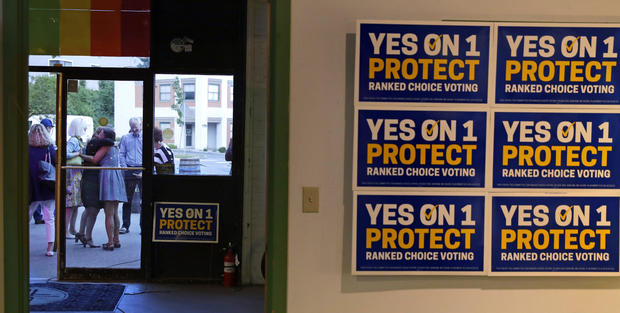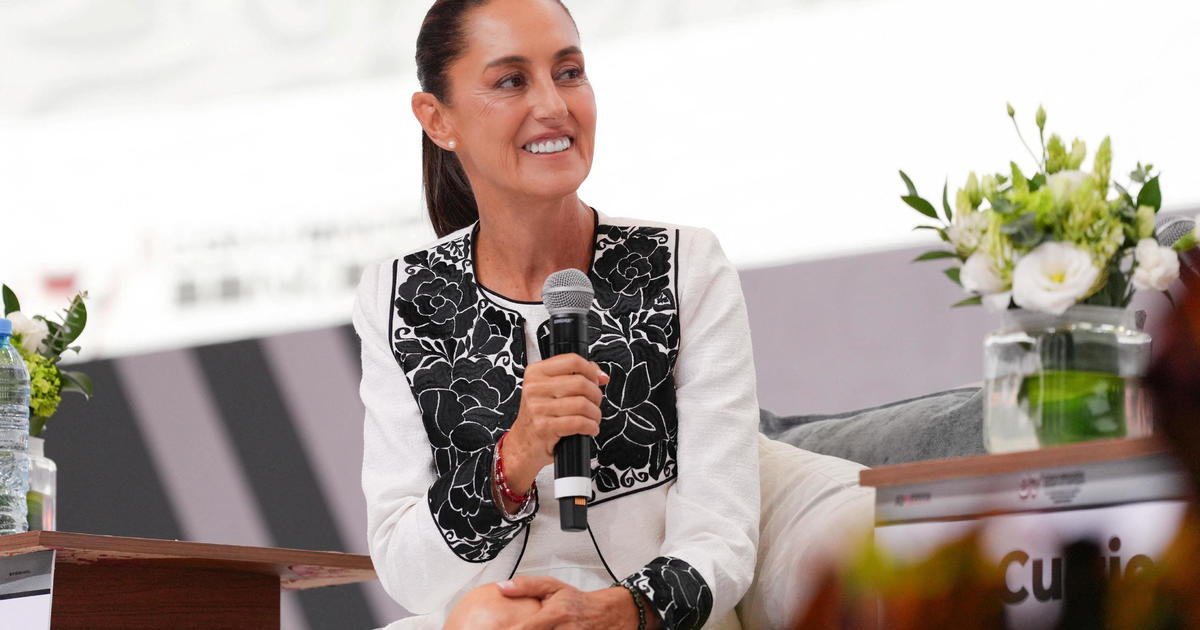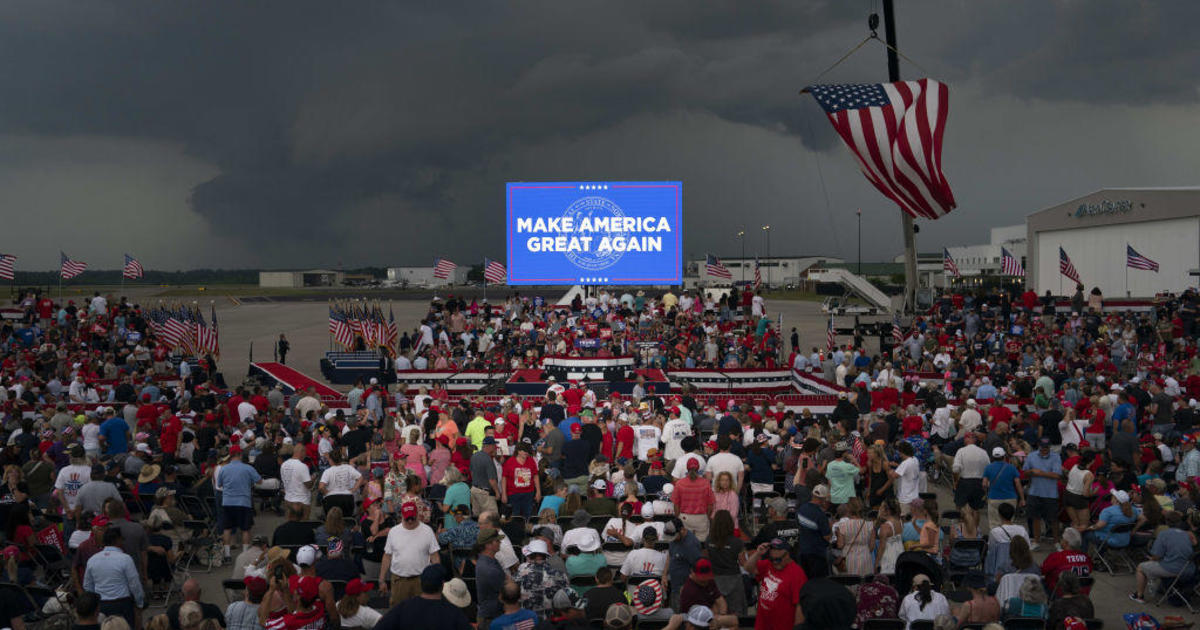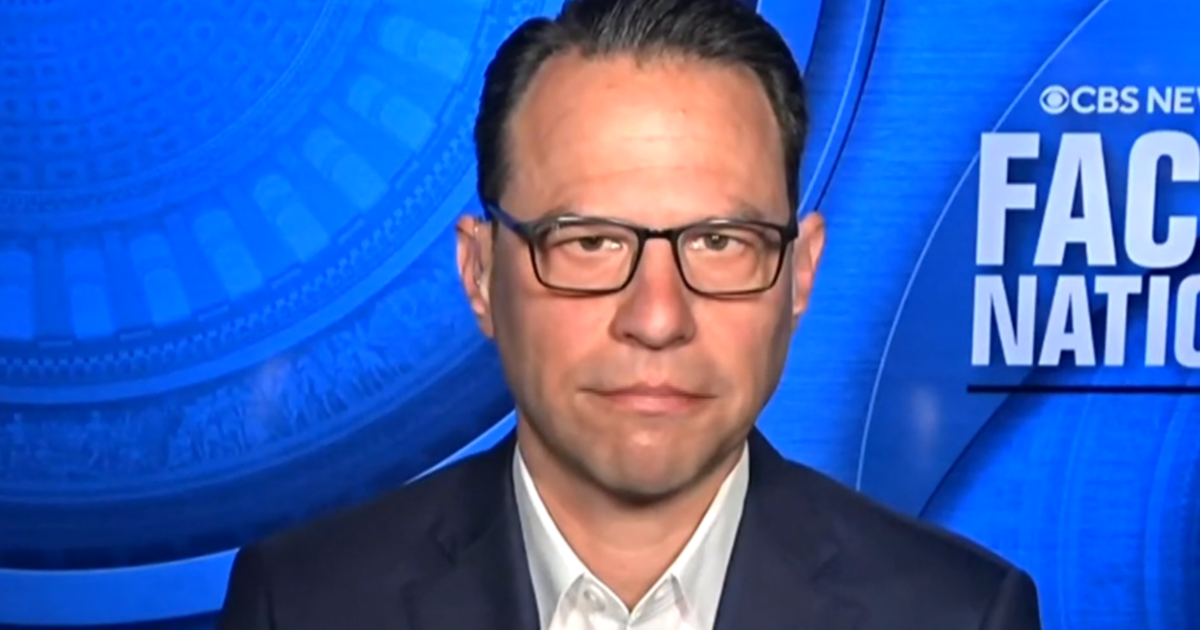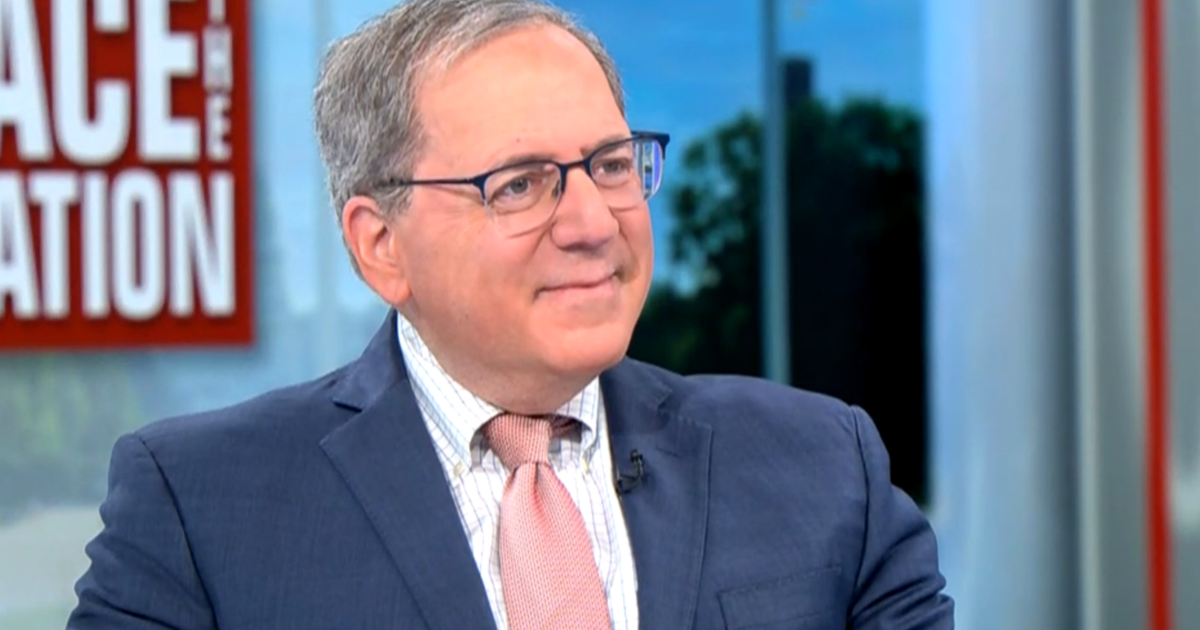What does ranked-choice voting mean for voters in Maine?
AUGUSTA, Maine -- Maine Republicans and Democrats wrestled Tuesday with new ballots that let them rank some candidates for the first time. The ballots asked voters to fill in ovals to rank gubernatorial candidates and a few legislative and federal hopefuls from first to last.
Maine became the first state to adopt a system called ranked-choice voting, which made its statewide debut in the primary election.
What will ranked-choice voting mean for Maine? Some of Maine's 11 Democratic and Republican candidates hoping to succeed term-limited Republican Gov. Paul LePage encouraged supporters to test the limits of the never-before-used statewide primary system.
One Republican candidate asked voters to select one first-choice candidate and leave the rest of the ballot blank. Two Democrats asked Mainers to vote for them as their first and second-place candidates.
SO, WHY IS MAINE USING RANKED CHOICE VOTING?
The history of ranked-choice voting in Maine dates back to 2001 when a lawmaker introduced a bill to create it.
The idea gained support - with Portland adopting the system for mayoral races in 2010 - but it was unsuccessful statewide until 2016 when 52 percent of Maine voters OK'd the system by ballot referendum.
Nine of the past 11 gubernatorial elections have resulted in winners who had failed to get a majority of the vote. Electoral reform group Fair Vote and the Texas-based nonprofit Action Now Initiative have provided hundreds of thousands of dollars to bring ranked-choice voting to Maine.
In May 2017, Maine's high court advised that parts of the ranked-choice voting law are unconstitutional when it comes to legislative and gubernatorial November elections.
Lawmakers last fall blocked the rollout of ranked-choice voting. They passed a law essentially giving voters until Dec. 1, 2021, to change the Maine Constitution to allow the system to be used in gubernatorial and legislative elections.
Supporters got enough signatures to allow the use of ranked-choice voting in Tuesday's gubernatorial and legislative primaries. A separate ballot question on Tuesday aims to nullify the legislative delay, letting the system go into effect in some November elections.
SO HOW DOES THIS SYSTEM WORK?
Voters rank candidates from first to last on their ballot, and the election is over if one candidate wins a majority. If not, candidates are eliminated one by one and their remaining votes reallocated in what amounts to a mathematical game of survival.
The eventual winner might not be the candidate who had the most first-place votes, but rather the one who tallies the highest number of second- or even third-place votes.
Voters can also simply fill in one oval with their first-choice candidate.
WHEN WILL MAINE KNOW ITS PRIMARY WINNERS?
It could take some time.
Democratic Secretary of State Matthew Dunlap says that if there's no majority winner in Tuesday's primary elections, then the results of additional rounds of ranked-choice tabulations won't be known until sometime in the following week after the election.
Dunlap said a courier service has been contracted to begin retrieving the results from town clerks on Thursday.
The office isn't committing to a day in which the unofficial voting outcome will be announced but said it will be in the week after the election.
WHAT ARE THE BENEFITS?
Advocates say it helps promote civility, end election spoilers and ensure the eventual winner receives majority support.
Supporters also say the system avoids the cost of a separate runoff election and encourages collaboration among candidates.
Some proponents have pointed with dismay to Republican Gov. Paul LePage's election in 2010 with 38.1 percent of votes in a five-way race.
WHAT ARE THE DRAWBACKS?
Critics say ranked-choice is confusing and leads to bland campaigns in which candidates steer clear of contentious topics because they don't want to alienate any voters.
Jason McDaniel, associate political science professor at San Francisco State University, says his research shows ranked-choice voting increases the rate of ballot errors and disqualifies ballots, particularly among lower-income residents.
Meanwhile, Maine Gov. Paul LePage has threatened not to certify the results of Tuesday's primary.
"There's a range of issues the governor has with ranked-choice voting," said Chris Cousins, State House bureau chief for the Bangor Daily News. "He correctly thinks it's unconstitutional according to Maine's Constitution. But as far as not certifying the ballots, or the results of the election, it's nothing new from the governor. He's threatened this before and actually in a primary election, he does not need to certify the results."
